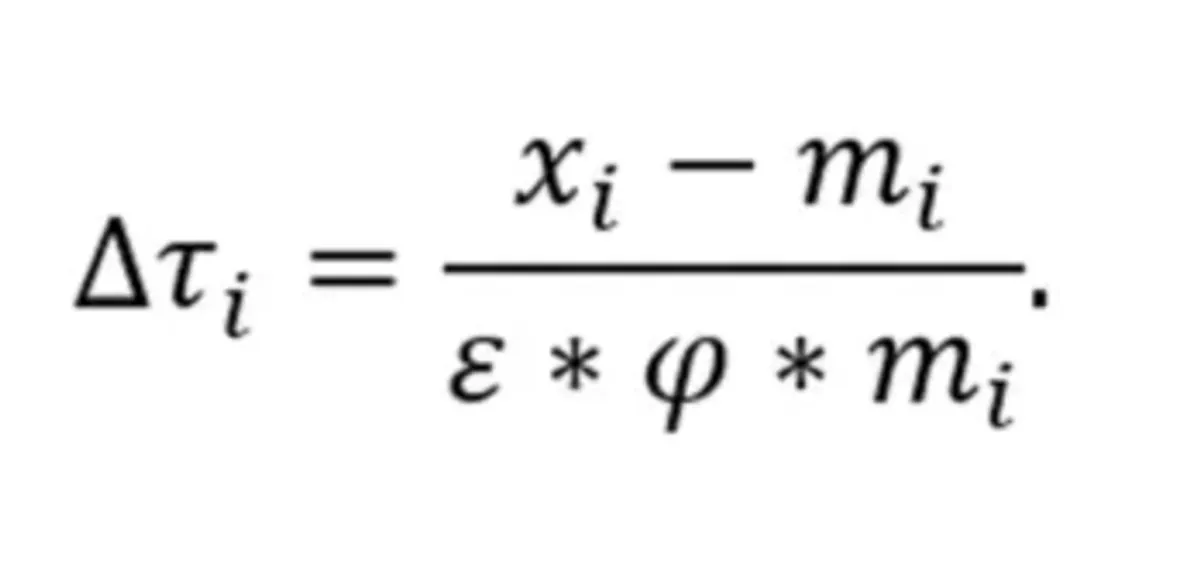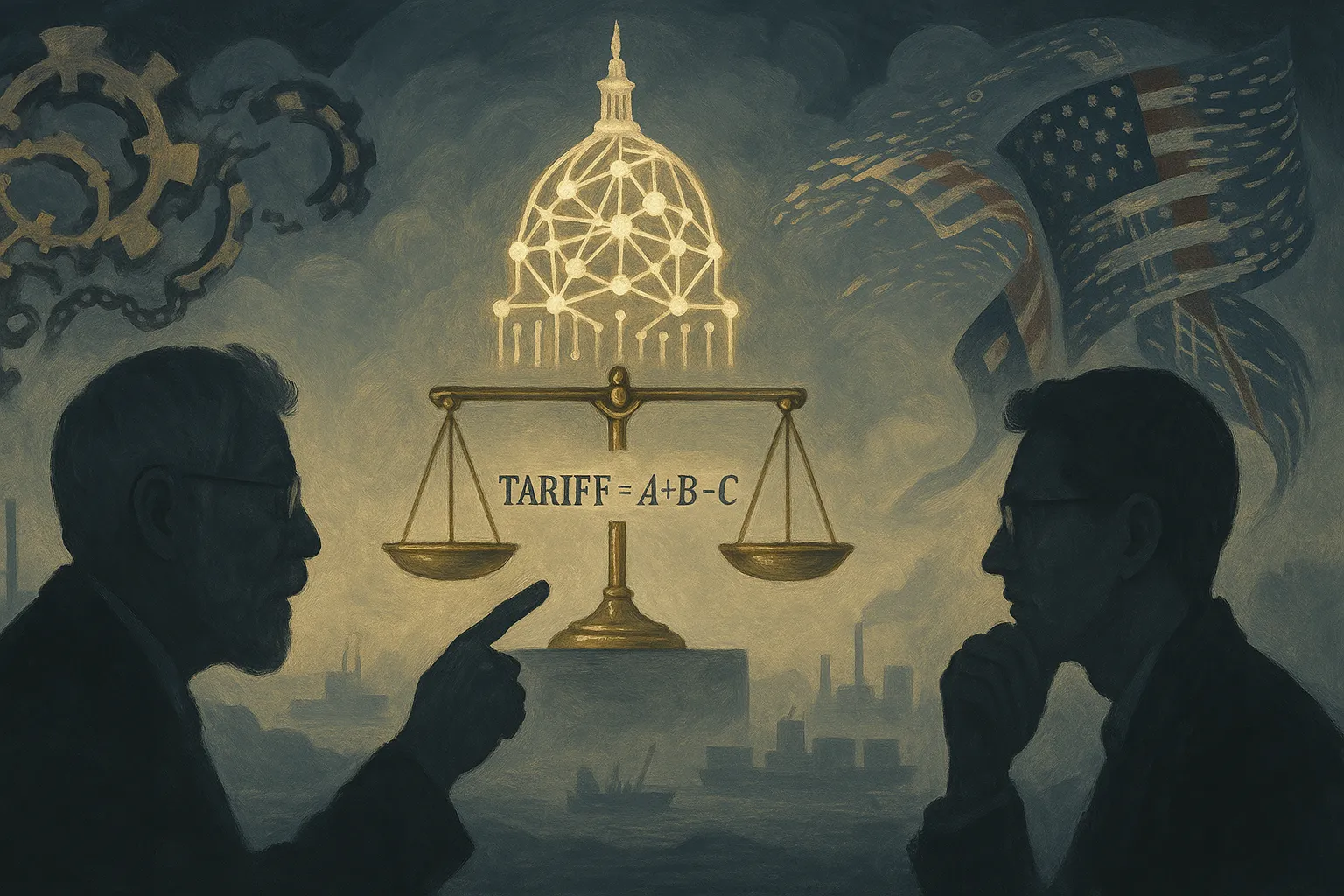Economists and AI researchers worldwide have noted the striking similarity to AI-generated solutions. In a New York Times podcast with Ezra Klein, Nobel laureate Paul Krugman added his analysis.
"This is more a cautionary tale about AI than economics," Krugman told Klein. The formula takes a country's trade deficit with America, divides it by imports, then cuts that number in half. Ask ChatGPT how to set tariffs, and you'll get nearly identical math.

The implications stun economists. Different countries face different tariff rates - the EU pays more than Britain. This creates an immediate problem: Companies can ship goods through low-tariff countries to dodge higher rates.
Markets hate the uncertainty. Manufacturing stocks dropped despite theoretical benefits from protectionism. Investors see what AI missed - disrupting supply chains hurts American companies that rely on international trade.
Klein pressed Krugman on why this matters. The Nobel winner explained that language models simply repeat what they find online. They can't evaluate real-world consequences or spot logical flaws.
The policy creates unprecedented confusion. Previous trade disputes followed economic logic. But when AI formulas replace human judgment, no one can predict what happens next.
Europe faces higher tariffs than Britain. Mexico pays more than Canada. Bangladesh gets hit harder than Vietnam. The numbers follow AI's math but ignore economic reality.
This marks a shift in how governments make decisions. When leaders want backup for predetermined choices, AI offers ready-made formulas that sound smart but lack wisdom.
The irony cuts deep. An administration pushing "America First" may have outsourced trade policy to artificial intelligence. The result threatens both U.S. manufacturing and international relationships.
Why this matters:
- We've entered an era where AI shapes trillion-dollar decisions through simplified formulas that ignore economic complexity
- When leaders pick confirmation over critique, machines provide convenient justification - regardless of real-world consequences
Read on, my dear:
NYT Podcast: What Trump’s Tariffs Will Actually Do | The Ezra Klein Show









